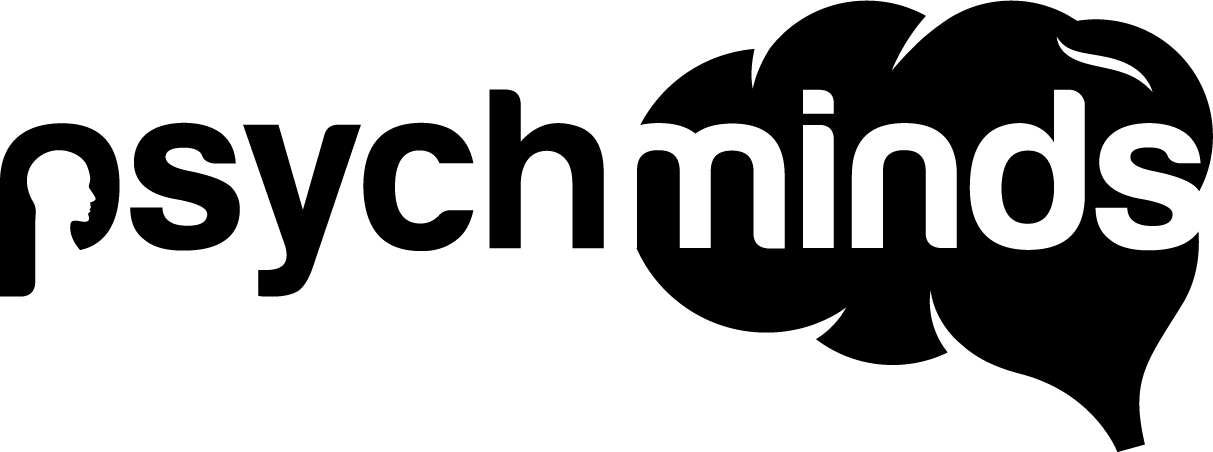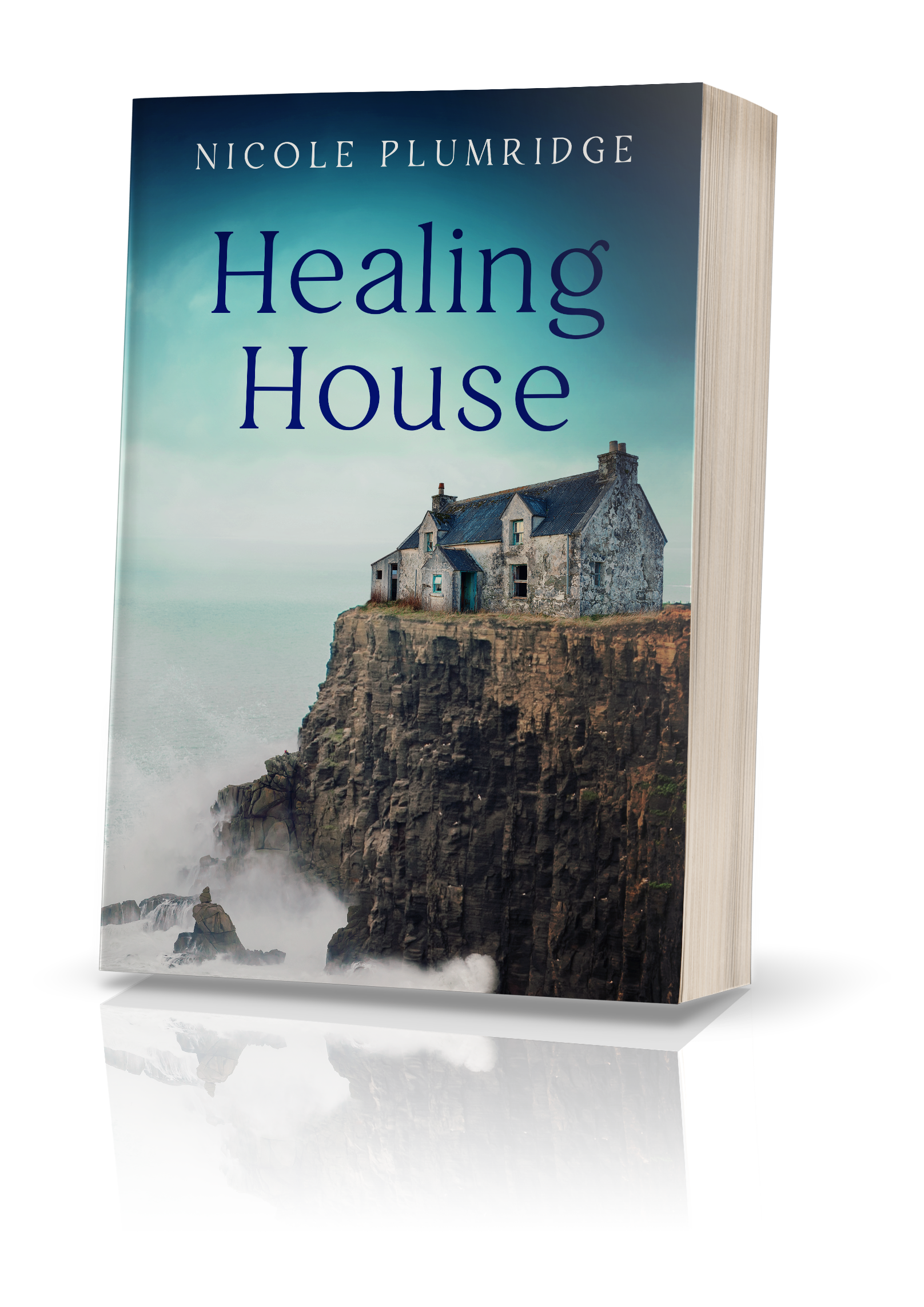An engaging thought provoking book can affect you in more ways than you may realize. After turning the final page of a good book, we are all familiar with the sense of loss that comes with it. It is as if we are saying farewell to a group of friends whose lives we have watched unfold. If you have felt this way about a book, current research suggests that you are more likely to be an empathetic person than people who either do not read or do not feel engaged in the material they read. Aside from being an enjoyable pastime, reading can have many benefits for our brains as well as our cognitive and emotional development.
Studies show that individuals who read are more apt at understanding others thoughts, emotions and behaviours. They are able to put themselves in others shoes and view the world through their perspective. This is the definition of empathy. Readers are also more skilled at analysing others intention’s than non-readers. This is due to the fact that while reading, readers come across many conundrums, moral dilemmas and sticky situations. Readers are likely to analyse what the characters do in order to solve their problems and how they deal with other people. Research shows that when reading a story, areas are activated in the brain that would be activated if the story was happening in real life. This enables readers to experience a multitude of scenarios and learn how to behave in similar circumstances. This emotional training helps individuals in real-life situations.
We shouldn’t teach great books; we should teach a love of reading
B.F. SKINNER
Reading also fosters the development of emotional connections with characters in the book. Readers feel a sense of belonging to the fictional communities of the characters. This feeling is as strong as it would be if the reader was affiliated with the group in real-life. Although fictional characters should never replace real-life friends, they can nourish and enrich us. By being able to break free from reality into the world of fiction, we can elude time and space. This can be an effective protector against stress. Reading also allows individual’s to feel a wide range of emotions entirely freely. Since the events are not affecting the readers actual life, the reader can feel the negative emotions as strongly as the positive ones without being overly affected.
It must be noted that deep reading is an entirely different experience than shallow reading, which is more likely to occur when reading an online article, a brief newsletter and such. Within the confines of the pages of a book, readers are able to feel completely immersed in a novel world of sensations and emotions. When reading articles online, it is easy to become distracted by flashing ads, Facebook opened in a new tab and bold hyperlinks enticing you away from the page. This depletes the concentration and focus needed to have a truly enriching experience. Reading on the web is also information driven, practical and utilitarian. It tends to be about facts and figures, and less about pleasure and enjoyment. Reading a book is more fulfilling and engaging whereby it allows for quiet contemplation, analysis and reflection. Reading online is usually for acquiring quick facts, bite-size information and bullet points. Books, on the other hand, are lengthy. Reading a book can take a few days to a few weeks. They promote a slower, more thoughtful reading process.
Just as the body needs exercise, so does the brain. Although reading is good for improving vocabulary, enhancing communication and writing skills, stimulating imagination and creativity, increasing memory capabilities and attention span, fostering analytical thinking and empathy, it is slowly becoming an extinct practice. Books authored by inspirational writers of the past and present can only survive and be appreciated by deep readers. As B.F. Skinner once said, “We shouldn’t teach great books; we should teach a love of reading.” By teaching children to love to read, we are opening the doors to a multitude of experiences, lives, emotions and sensations which would otherwise be impossible to have. So carve out some time in your day to pick up a book and revitalize the art of reading!
References
Paul, M., A. (June 3, 2013). Reading Literature Makes Us Smarter and Nicer. Time Ideas. Retrieved June 16, 2013, from http://ideas.time.com/2013/06/03/why-we-should-read-literature/
Flood, A. (September 7, 2011). Reading fiction ‘improves empathy’, study finds. The Guardian. Retrieved June 19, 2013, from http://www.guardian.co.uk/books/2011/sep/07/reading-fiction-empathy-study
Krans, B. (January 30, 2013). How Losing Yourself in a Book Makes You a Better Person. Healthline. Retrieved June 19, 2013, from http://www.healthline.com/health-news/reading-fiction-increases-empathy-013013















